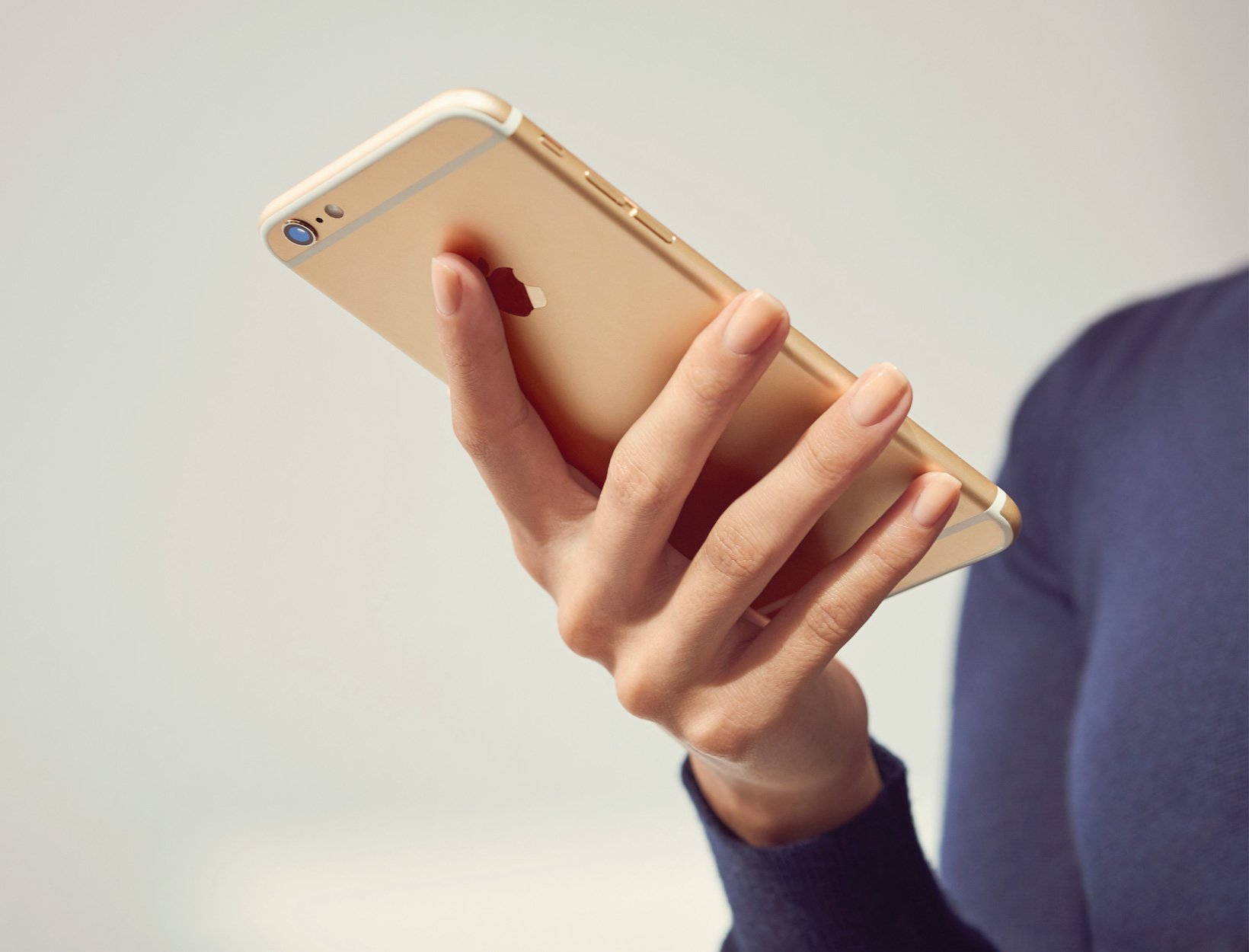[ad_1]
Are You a Phone Addict?

If you find yourself with your phone in your hand by default, you might be an addict.
No, really. Jungian psychologist and addiction expert Carder Stout, PhD, sees clients struggling with dependence on alcohol and drugs, sure. But also: dependence on connection, vanity, resentment, love, overthinking. In his new book, We Are All Addicts , Stout posits that any fixation that disconnects you from your innate humanity can be considered addiction. If your phone has become a problem, he encourages small steps—followed by bigger ones—toward digital sobriety.
And if you’re sick of your smartphone, consider using something like the Light Phone, which allows basic functions (talk, text, navigation, music, podcasts, an alarm clock) without socials, emails, or an internet browser.
Not So Smartphones
By Carder Stout, PhD, from We Are All Addicts
For the last ten years, I have had a hard-and-fast rule in my therapy office—I ask that my patients power down their phones in the waiting room before they enter. Powering the phone down completely creates a different energy than switching to airplane mode, and I have noticed my patients relax in a different way when they are fully unplugged. My patients thank me for this edict—many of them tell me that this will be the only time during the week their phone is off. Some of them have no idea how to turn the phone on and off, as they have never done so before. About half of them are onboard or compliant, yet many a phone has beeped during a session after a patient has assured me it’s off.
The angst of being without their phone, even for a brief fifty-minute stint, is cause for them to be dishonest with their psychologist. In fact, a handful of people have left my practice expressly because of the phone guidelines. It has been an interesting, accidental experiment on human nature in the age of technology. I see how attached people are to their phones. They will lie, argue, justify, and demand that it be on and available at all times. Now, you tell me—do you think this is healthy? Does it feel familiar to you? Do you know how to turn your phone off?
When I get home from work, I practice another ritual. I check my phone to see if any urgent matter needs a response, and after completing this task, I shut it down—completely. Between the hours of 7:00 p.m. and 7:00 a.m., I am phone-free. This felt strange at first, as I too had built up a dependency on it, but after a while it began to seem normal. I was returning to the days of my childhood, before smartphones were invented. I cannot tell you how refreshing it feels to unplug from the constant give-and-take with my phone. I focus my energy on cultivating my relationships with my two children and my wife. We read stories together, talk about our days, work on puzzles, play games, and eat uninterrupted meals. I believe that this time is sacred—I will never get it back again, and it should be optimized. My kids will thank me for it someday, but in a way they already do, as their joy is linked to the amount of time I give them. They have not grown up in a household culture where phones are held in high esteem and therefore don’t know differently. My relationships have improved since implementing these boundaries, and this comes as no surprise to me.
The soul promotes the expansion of human experience, not the contraction of it. From the soul’s perspective, smartphones impede the primal, innate desire to commingle with one another, and they alter the way we perceive the people in our lives—even the ones we hold dearest. Remember, the soul is our biggest asset when it comes to healing. Its main purpose is to show us alternatives to our negative and ego-driven pursuits and help us to restore happiness and love in our psyche. The soul is ever-flowing, unshakable, and impervious to harm. It is the one constant in our lives that determines how we authentically feel and consistently pushes us to be better. The soul is much more interested in the cultivation of human relationships through direct experience rather than by artificial means. The phone is purely a product of ego, and addiction loves anything ego-driven. The soul cherishes freedom, while the ego is seduced by entanglement. The soul knows that one should not rely on validation or compliments to establish one’s sense of self, but the ego derives its nature from this very exchange.
Daily changes can make a big difference. When you are not using it, you should put your smartphone away. When you are with others, switch to airplane mode and focus your attention completely on the person in front of you. It is hard to concentrate when an audible little beep alerts you to a new notification. Turn off notifications, or leave your phone on silent and enjoy the time you have with others.
Excerpted from We Are All Addicts by Carder Stout, PhD. US copyright © 2023. Published by Viva Editions, an imprint of Start Midnight, LLC, New Jersey. All rights reserved. No part of this excerpt may be reproduced or reprinted without permission in writing from the publisher.
We hope you enjoy the book recommended here. Our goal is to suggest only things we love and think you might, as well. We also like transparency, so, full disclosure: We may collect a share of sales or other compensation if you purchase through the external links on this page.
[ad_2]
Source link

